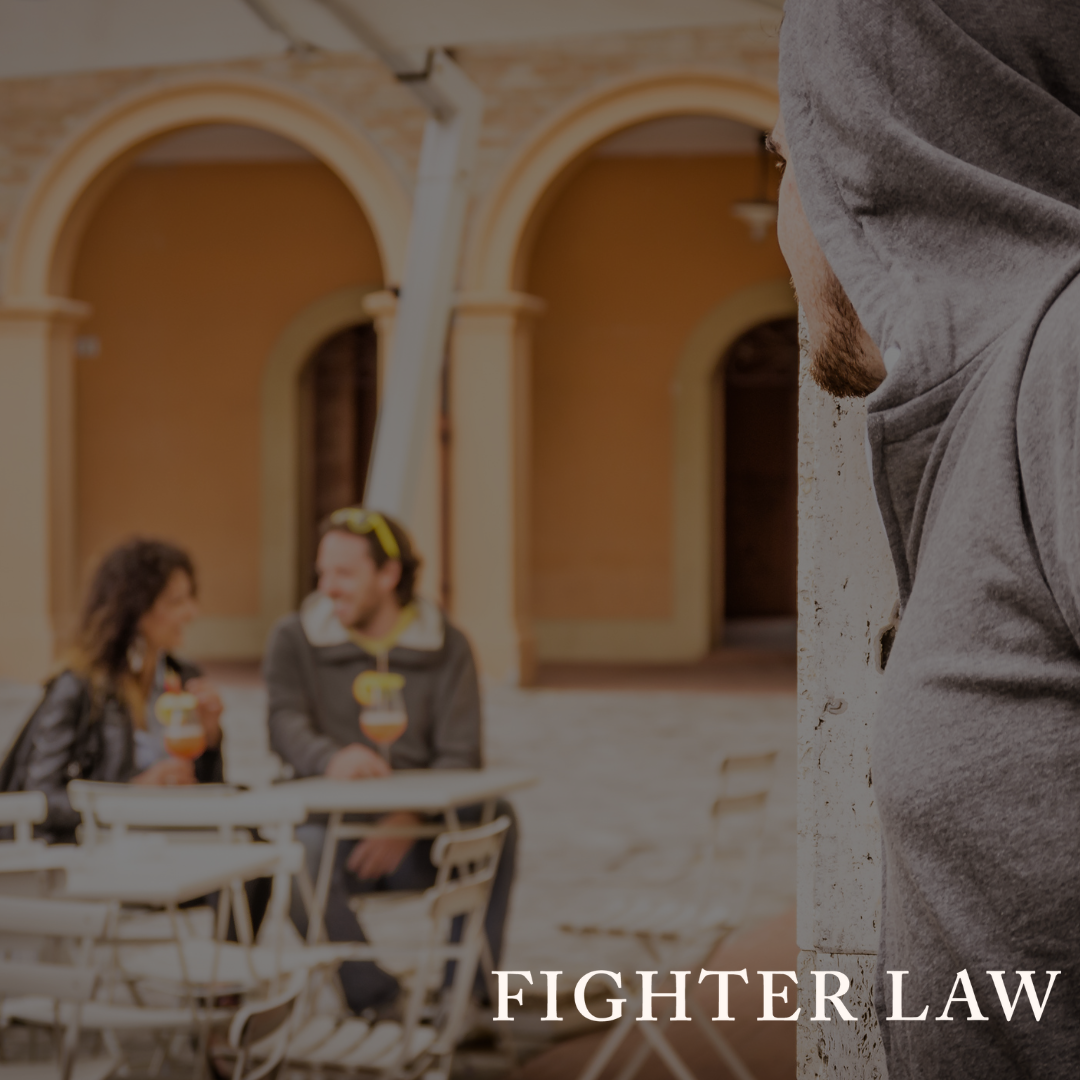
Injunctions for Protection Against Violence or Stalking
In Florida, civil injunctions or restraining orders are filed every day in courts across the state. Judges must review each petition carefully and decide how to proceed. The process can be complex, and understanding how these cases move forward is critical—especially if you’ve been served with an injunction.
What Happens When an Injunction Petition/Restraining Order Is Filed?
When a petition for an injunction/restraining order is submitted, a judge has three options:
– Dismiss the Petition Immediately – If the petition does not meet the burden of proof necessary for a temporary injunction/restraining order, the judge will deny the request and dismiss the case without setting a hearing. In most instances, the respondent (the person the injunction was filed against) will never even be notified.
– Set a Final Hearing Without a Temporary Injunction – If the judge believes the petition may have merit but does not meet the threshold for an immediate temporary injunction, the case will proceed to a final hearing without any temporary restrictions on the respondent.
– Grant a Temporary Injunction & Set a Final Hearing – If the judge determines that the petition contains enough evidence to justify a temporary injunction, the case will move to a final hearing, where the court will decide if a permanent injunction is necessary.
The Importance of the Final Hearing
At the final injunction hearing, the petitioner (the person requesting the injunction) must present evidence proving why the injunction is necessary. However, just because a temporary injunction was granted does not mean a permanent injunction will follow—the burden of proof remains on the petitioner.
The Power of a Directed Verdict
If, after presenting their case, the petitioner fails to meet the legal burden of proof, you may have the option of filing a motion for a directed verdict. This legal motion asks the judge to dismiss the case without requiring the respondent to present a defense.
A directed verdict is based on a simple principle:
– If the petitioner’s own evidence, even if taken as true, does not meet the required legal standard, the case should be dismissed.
It’s important to remember that a judge’s ruling on a directed verdict hinges on whether the burden of proof was met—not on the judge’s personal assessment of the evidence’s credibility.
What to Do If You’ve Been Served with an Injunction
Being served with an injunction can have serious consequences, including restrictions on where you can go, whom you can contact, and even your right to possess firearms. It is critical to take immediate legal action to protect your rights.
At Fighter Law, we have extensive experience handling injunction cases and fighting to ensure that justice is served. Whether you need to challenge an injunction or defend your rights in court, we are here to help.
Share:
free case evaluation
Fill out the form below for an free evaluation of your case.
Categories
- Birth Injury
- Boating Accidents
- Car Accidents
- Civil Rights
- Criminal Defense
- Cyberstalking
- Divorce
- Dog Bite Injury
- Domestic Abuse Charges
- Domestic Violence
- Drug Charges
- DUI Charges
- Family Law
- Felonies
- Fighter Law Firm
- Firearms
- Firm News
- Guardianship
- Injunction Removal
- Injunctions
- Marketing
- Personal Injury
- Repeat Violence Injunction
- Restraining Order
- Seal and Expunge
- Sex Crimes
- Slip and Fall
- Stalking Injunction
- Theft and Robbery
- Theme Park Trespasses
- Traffic tickets
- Uncategorized

